20 Kitchen Science Hacks That Actually Work
Uncover 20 science-driven kitchen tips that actually work to improve your recipes.
- Chris Graciano
- 5 min read

Cooking and science go hand-in-hand. Understanding how to make use of science-based tricks gives you a much more vibrant kitchen. This article dives into 20 different hacks to revolutionize your cooking experience. From keeping produce fresh to ripening fruit, these nifty tricks will solve all challenges in your culinary space.
1. Keep Avocados Fresh with Lemon Juice
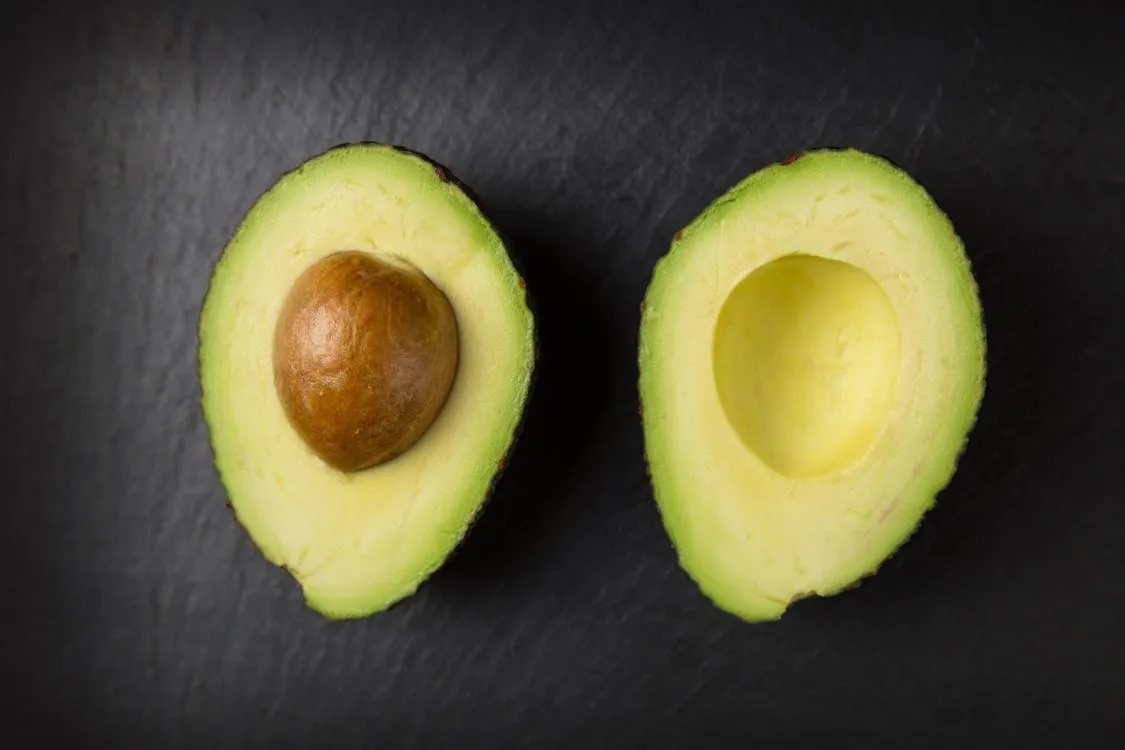 Foodie Factor by Pexels
Foodie Factor by Pexels
Once you slice an avocado, it turns brown quickly due to oxidation. To slow down this process, rub lemon juice on the surface of a cut avocado. You could even place it in an airtight container with a lemon wedge.
2. Peel Garlic Faster Using the Shake Method
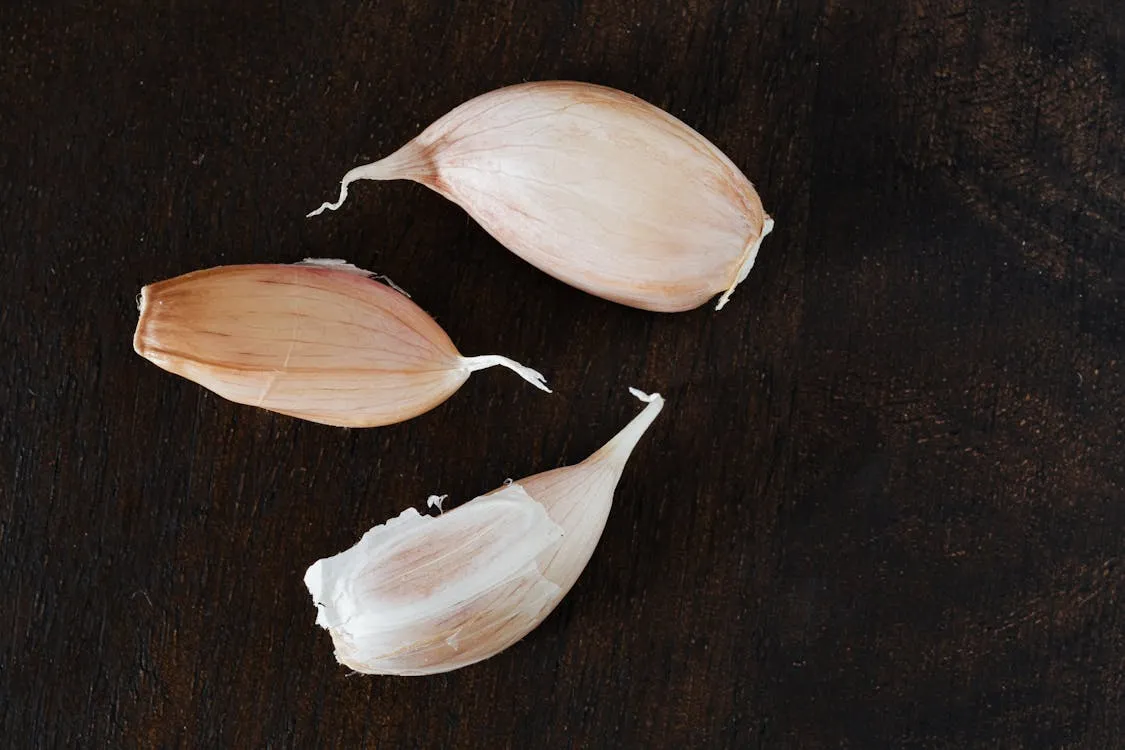 Kaboom.com by Pexels
Kaboom.com by Pexels
Peeling garlic is time-consuming and a bit messy, but this method eliminates both. All you need to do is place cloves of garlic inside a jar and put the lid on. Then, shake it vigorously, which will cause the garlic skins to separate due to friction and movement, leaving you with perfectly shaped garlic.
3. Soften Butter in Minutes Without Melting
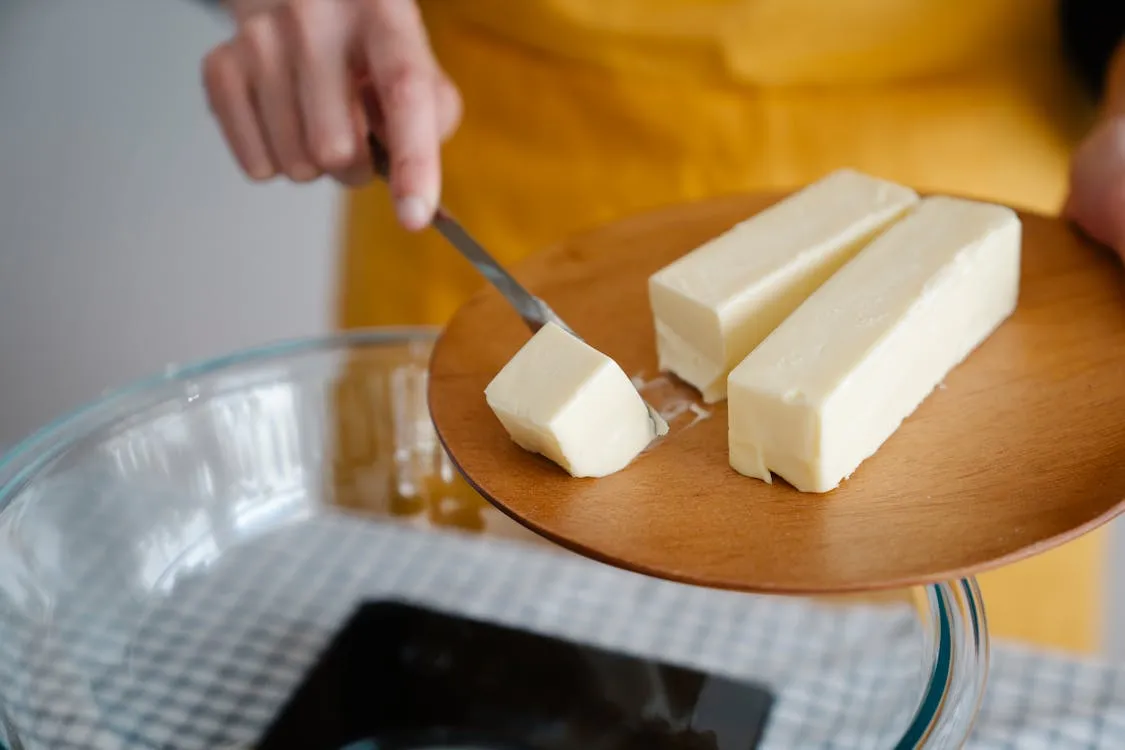 Felicity Tai by Pexels
Felicity Tai by Pexels
If you forgot to remove butter from the fridge, here’s an easy way to soften it quickly. First, put your butter into a glass of warm water. Then, pour it. Next, invert the empty glass over your butter and leave it there for a few minutes.
4. Prevent Apples from Browning Using Salt Water
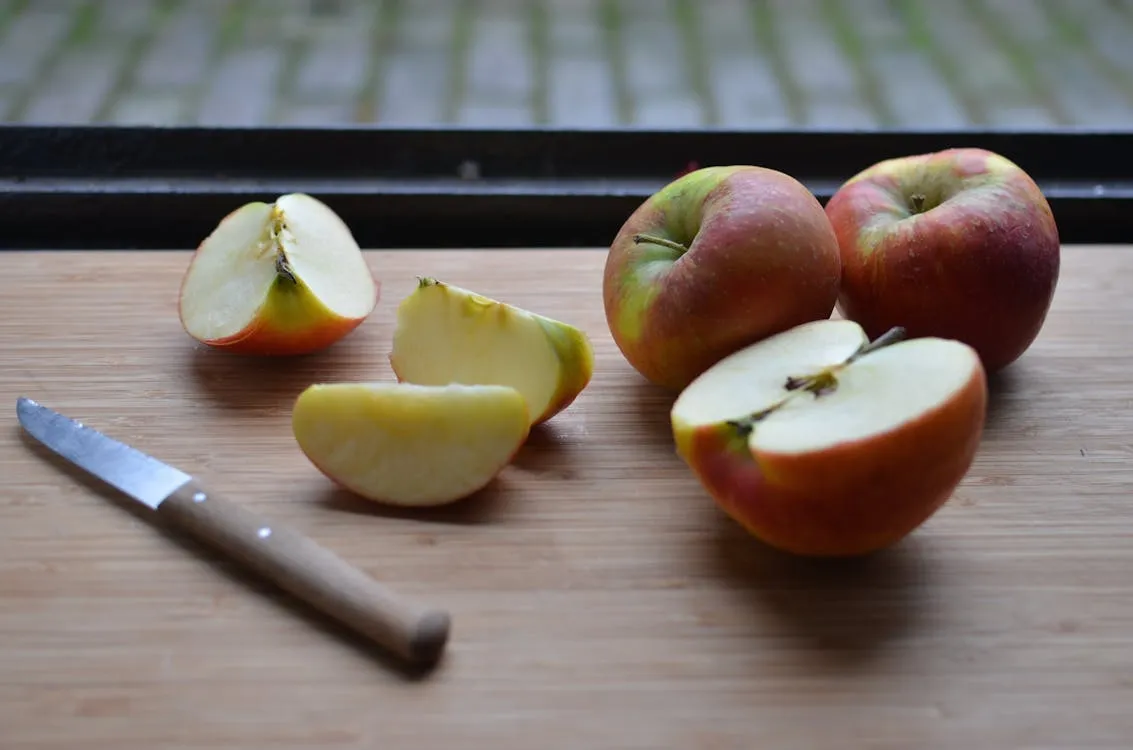 Skylar Kang by Pexels
Skylar Kang by Pexels
Much like avocados, apples turn brown fast when exposed to air. You can slow down the oxidation by creating a saltwater solution and dipping an apple in it.
5. Ripen Bananas Faster with a Paper Bag
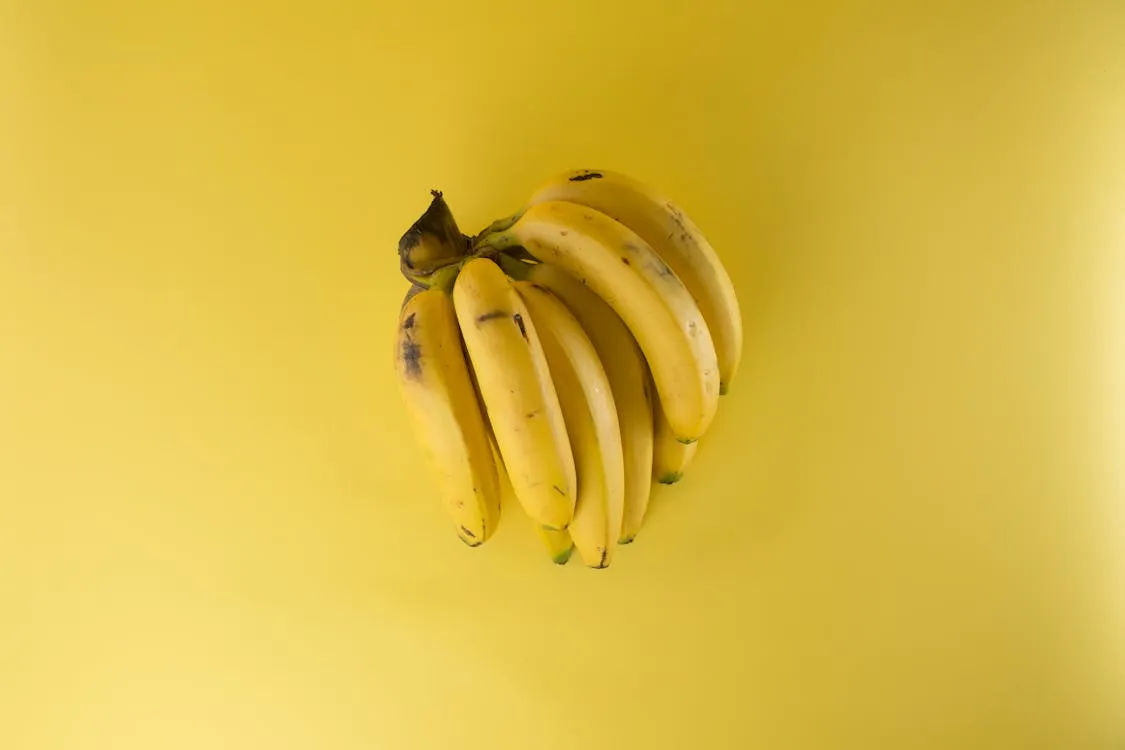 Juan Salamanca
Juan Salamanca
Bananas release ethylene gas, a natural ripening agent. To speed up this process, place your bananas inside a paper bag and close it loosely. The bag traps the gas inside and makes the bananas ripen much faster.
6. Warm Up Citrus Fruits to Get More Juice
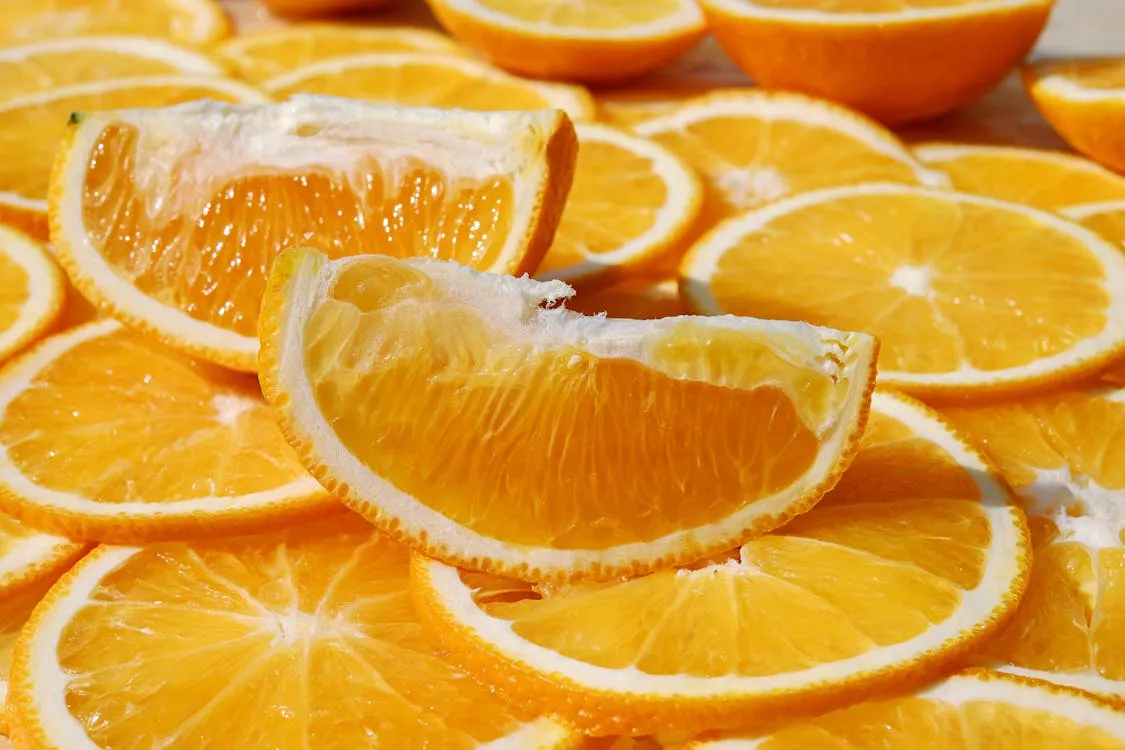 Ilo Frey by Pexels
Ilo Frey by Pexels
If you want to extract more juice from your oranges, lemons, or limes, throw them into the microwave for 10-15 seconds. Warming them breaks down the cells inside the fruit, making it easier to extract more juice. If you don’t have access to a microwave, you can try rolling the fruit on a counter.
7. Avoid Tears While Slicing an Onion Through Freezing or Vinegar
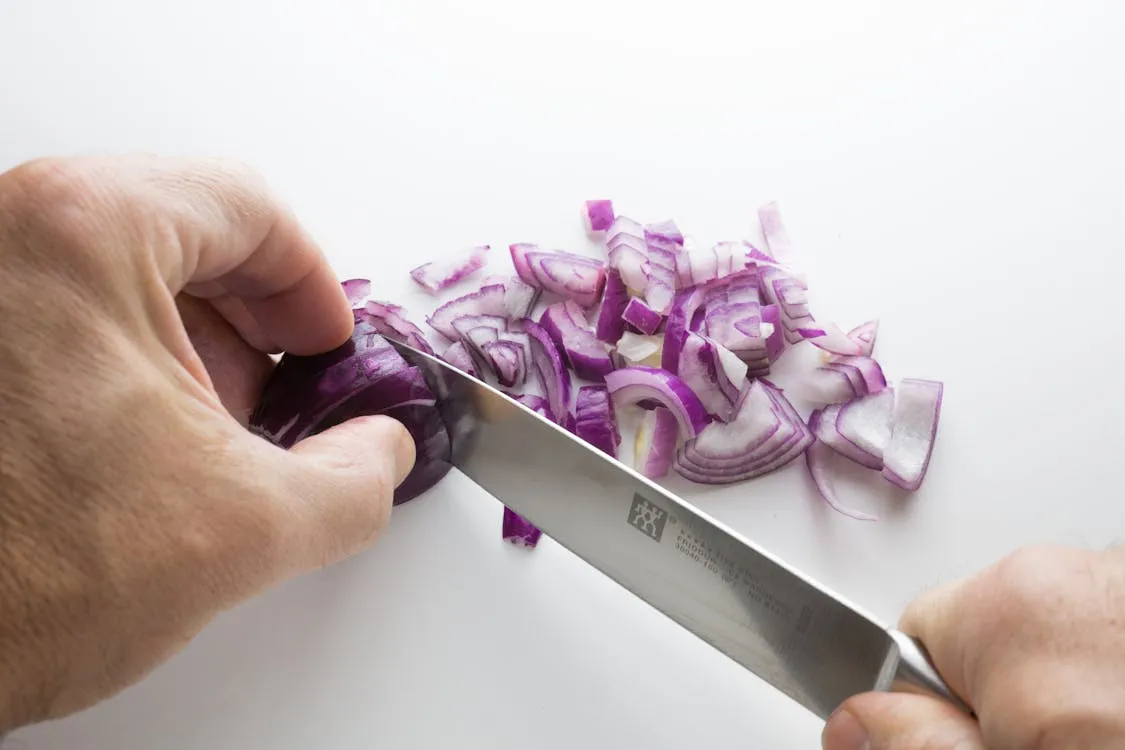 Mali Maeder by Pexels
Mali Maeder by Pexels
Everyone cries when chopping an onion because it releases sulfur compounds that irritate your eyes. To avoid that, briefly freeze the onion to slow down the enzyme reaction. You could also dip it in vinegar, which neutralizes the sulfur compounds.
8. Revive Stale Bread with Moisture and Heat
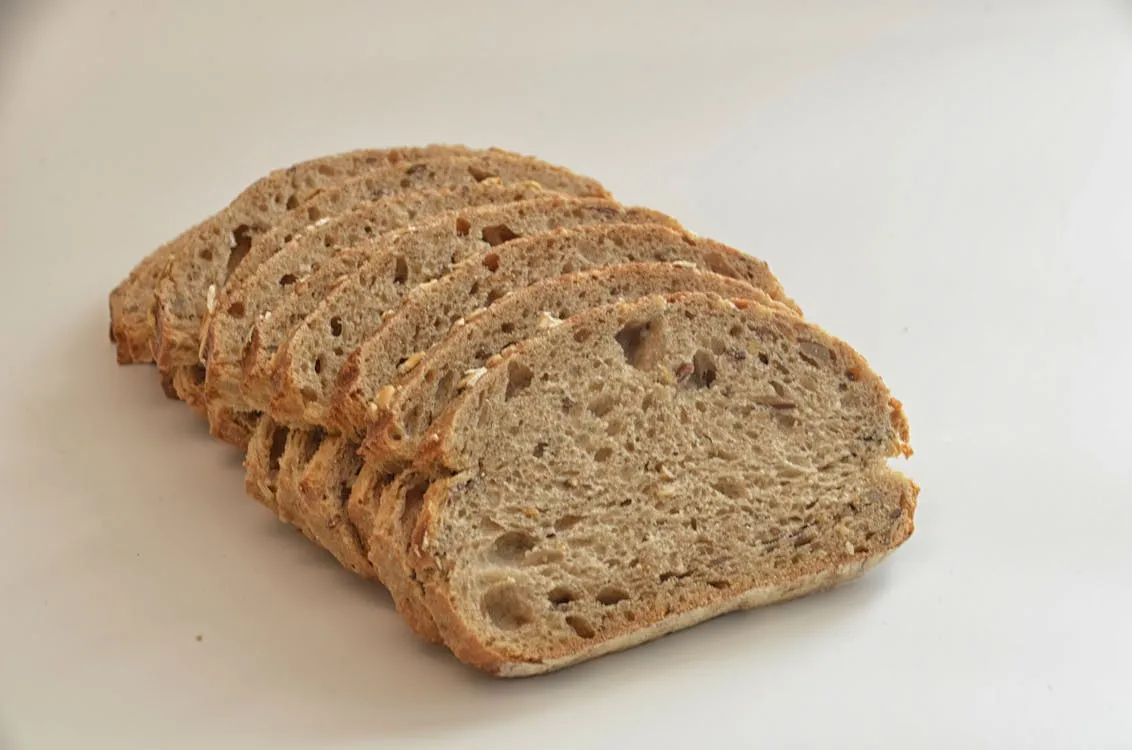 Hermaion by Pexels
Hermaion by Pexels
Making stale bread fresh again is easy! You only need to dampen the bread with water, wrap it in foil, and toss it into the oven. The moisture and heat will rehydrate the bread, restoring it to its original texture and making it as good as fresh.
9. Make Milk Last Longer with Salt
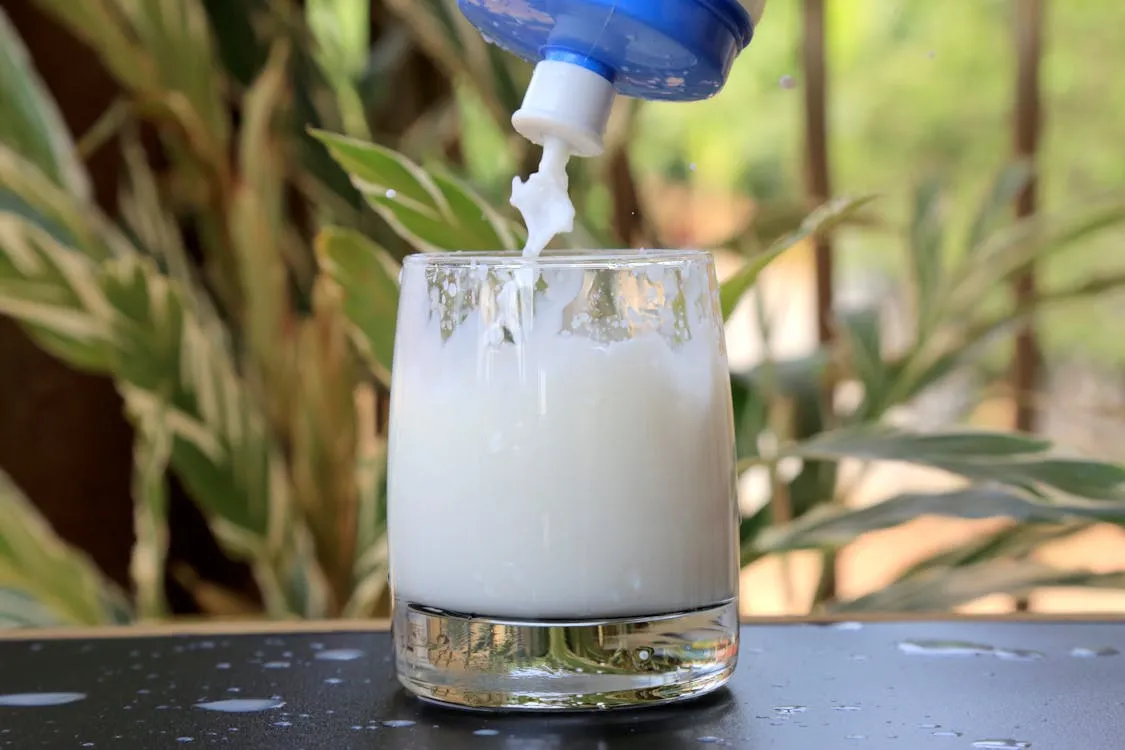 Bamusiime Sylvia by Pexels
Bamusiime Sylvia by Pexels
Aside from enhancing flavor, salt also acts as a natural preservative. Adding a pinch of salt to the milk will help it last longer by slowing bacterial growth.
10. Add Baking Soda to Boiling Water to Peel Eggs Quicker
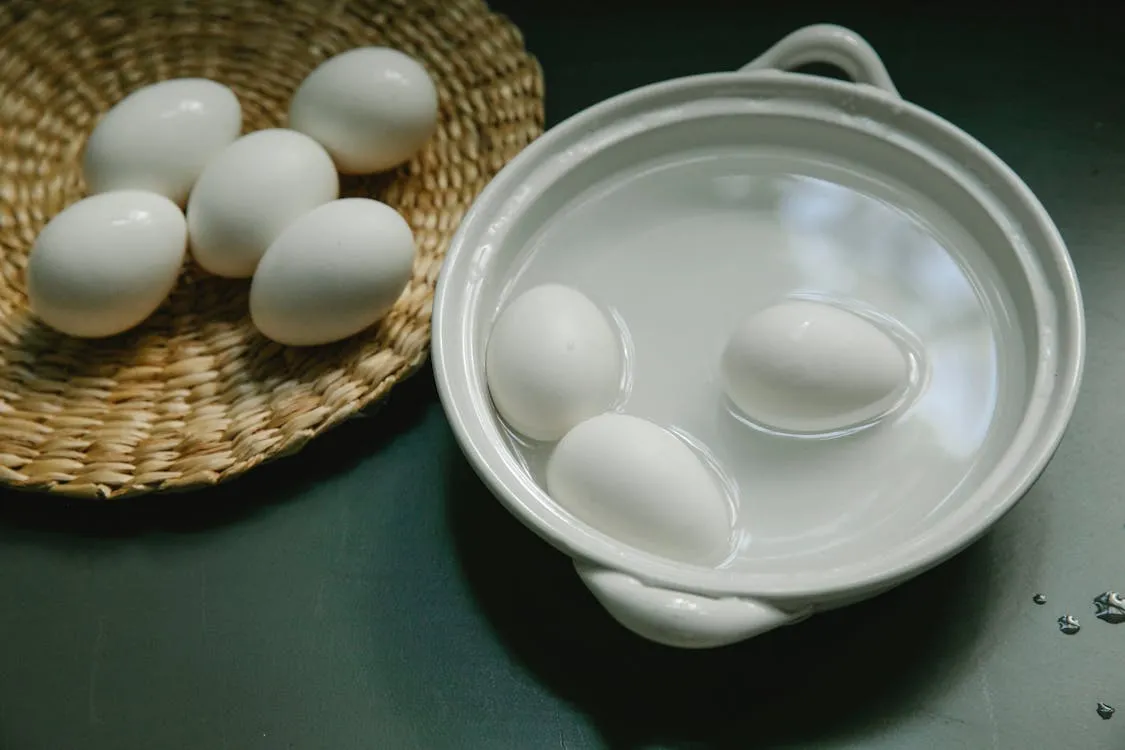 Klaus Nielsen by Pexels
Klaus Nielsen by Pexels
When you add a teaspoon of baking powder to boiling water, it increases its pH level. This weakens the bond between the shell and the egg whites, making removing it easier.
11. Cook Pasta Faster by Using a Wide Pan
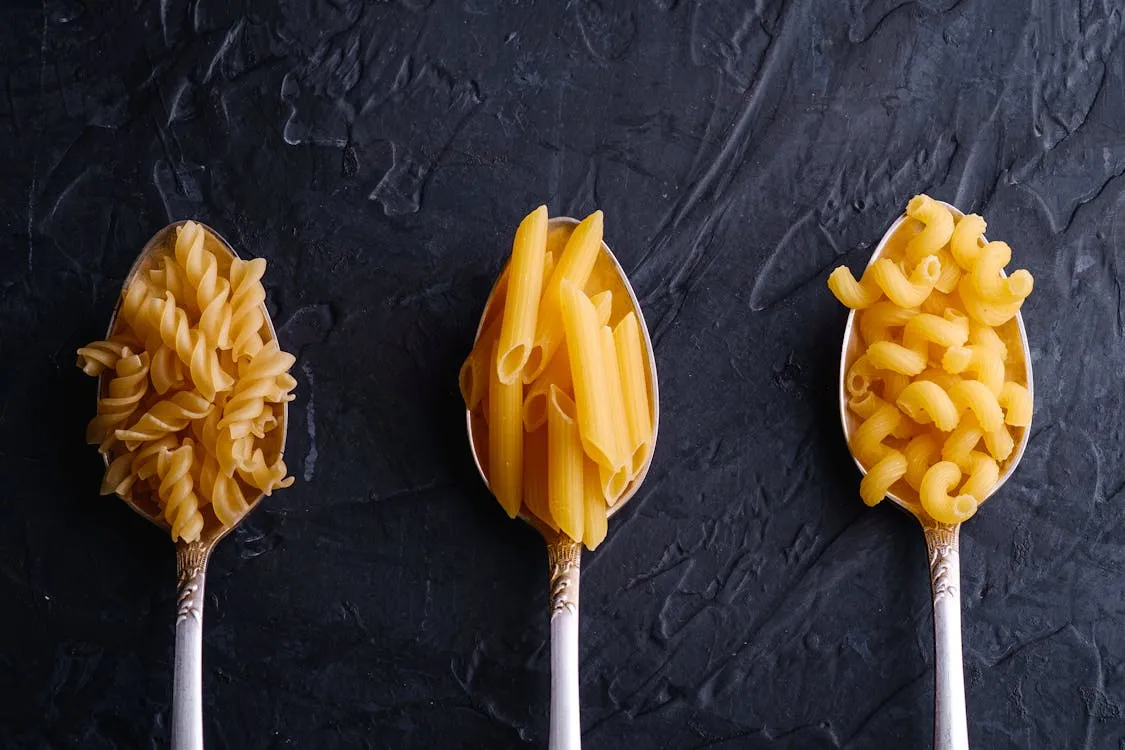 Rodion Kutsaiev by Pexels
Rodion Kutsaiev by Pexels
Normally, pasta is cooked in a pot. However, if you want to quicken the cooking time, use a wide pan with a small volume of water. The wider surface area allows faster heating, which speeds up the cooking time.
12. Keep Berries Fresh Longer with Vinegar Wash
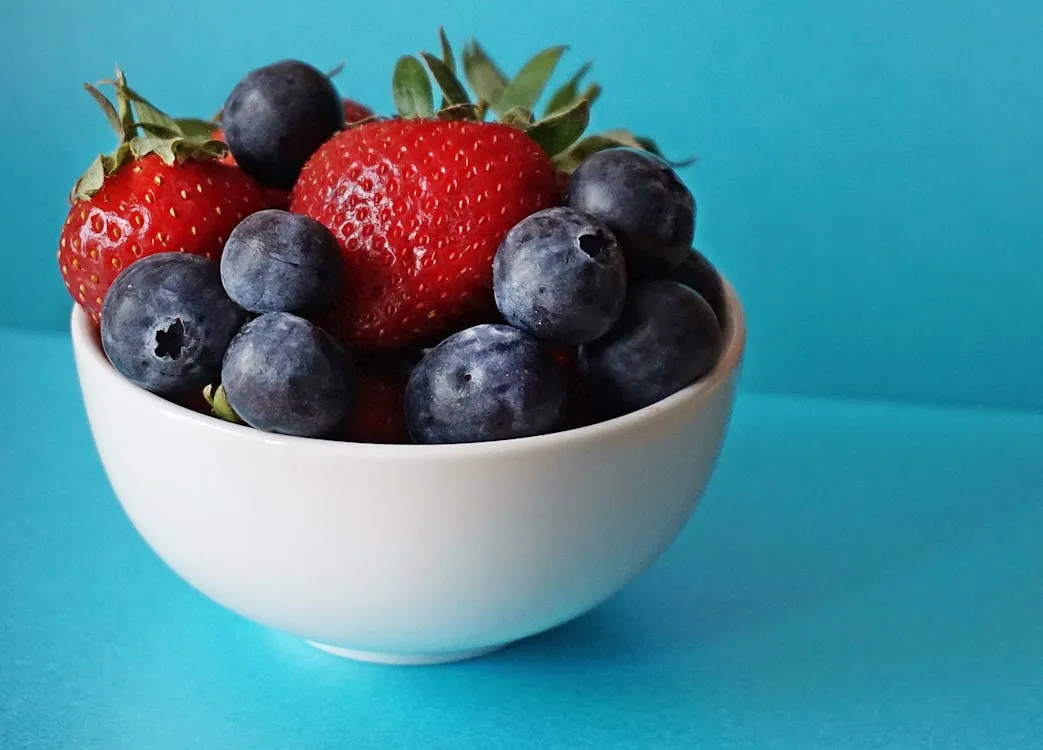 Suzy Hazelwood by Pexels
Suzy Hazelwood by Pexels
Berries can spoil quickly, but you can slow it down with vinegar. All you need to do is mix one vinegar with three parts water, then rinse your fruit with the mixture and dry them. The vinegar kills the bacteria and mold spores, keeping your berries fresh longer.
13. Use a Wooden Spoon to Stop Boiling Water From Overflowing
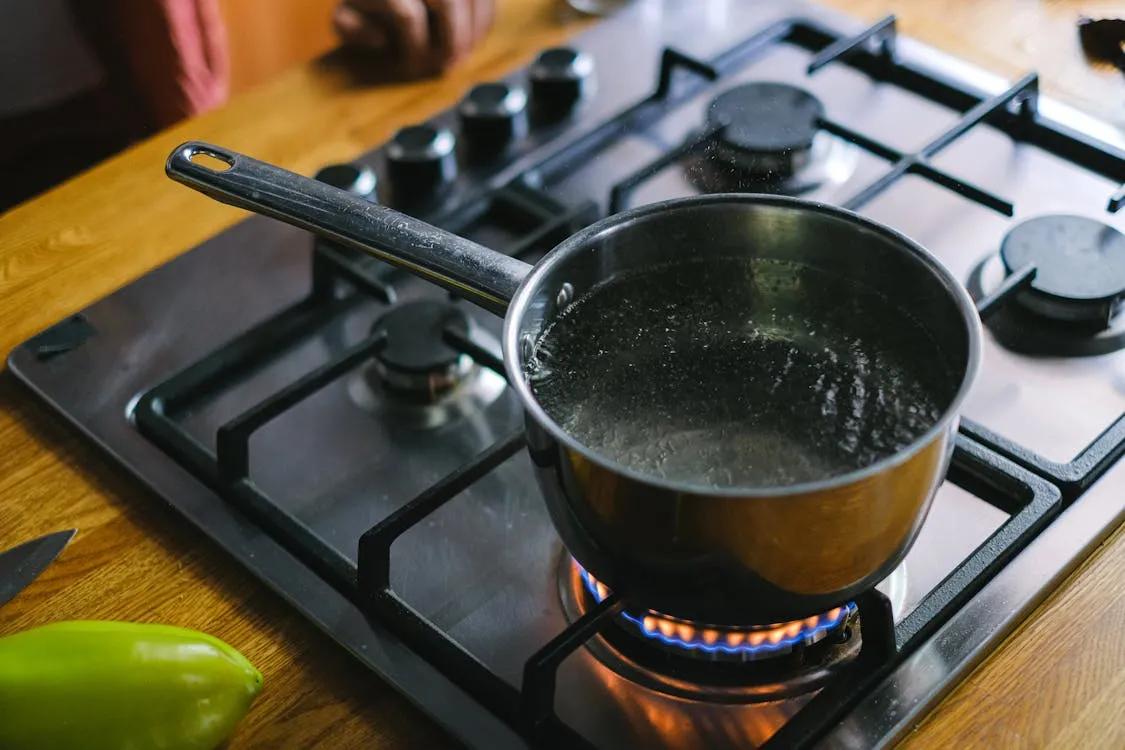 Anna Shvets by Pexels
Anna Shvets by Pexels
This simple hack involves placing a wooden spoon across your pot of boiling water. Once the bubbles touch the spoon, it pops them, breaking the surface tension and preventing the water from spilling.
14. Make the Perfect Poached Eggs with Vinegar
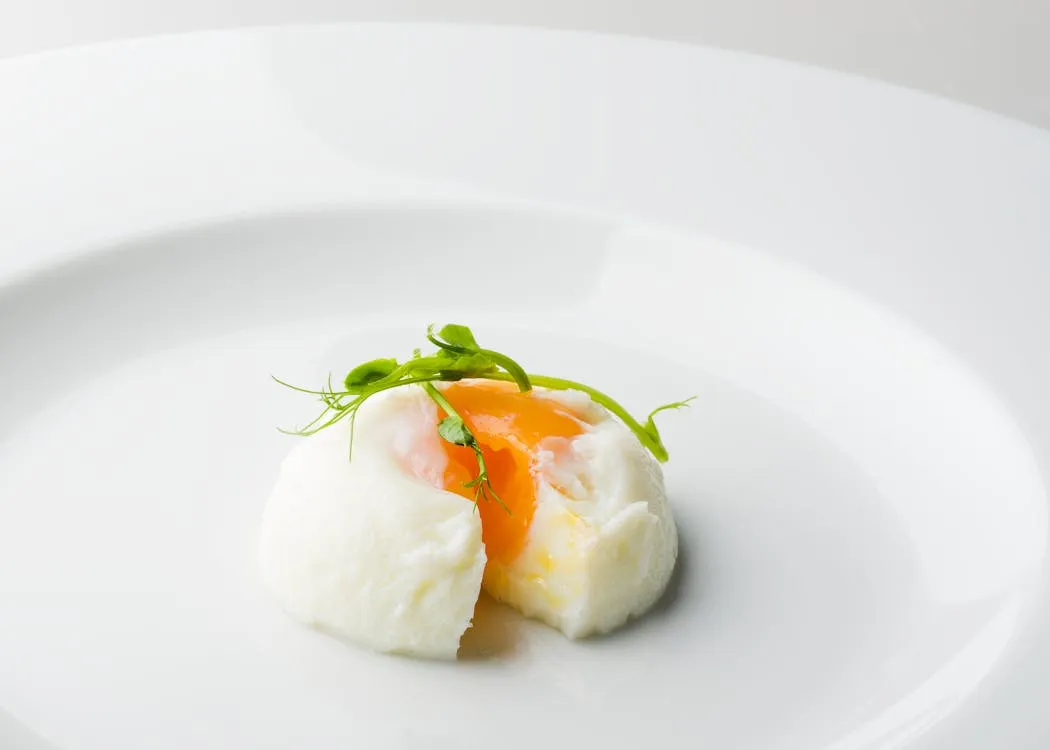 Vladimír Sládek by Pexels
Vladimír Sládek by Pexels
Add a splash of vinegar to the boiling water to cook a perfect poached egg. This process thickens the egg whites faster, keeping them from spreading out and leaving you with a messy poach.
15. Preserve Fresh Herbs with a Damp Paper Towel
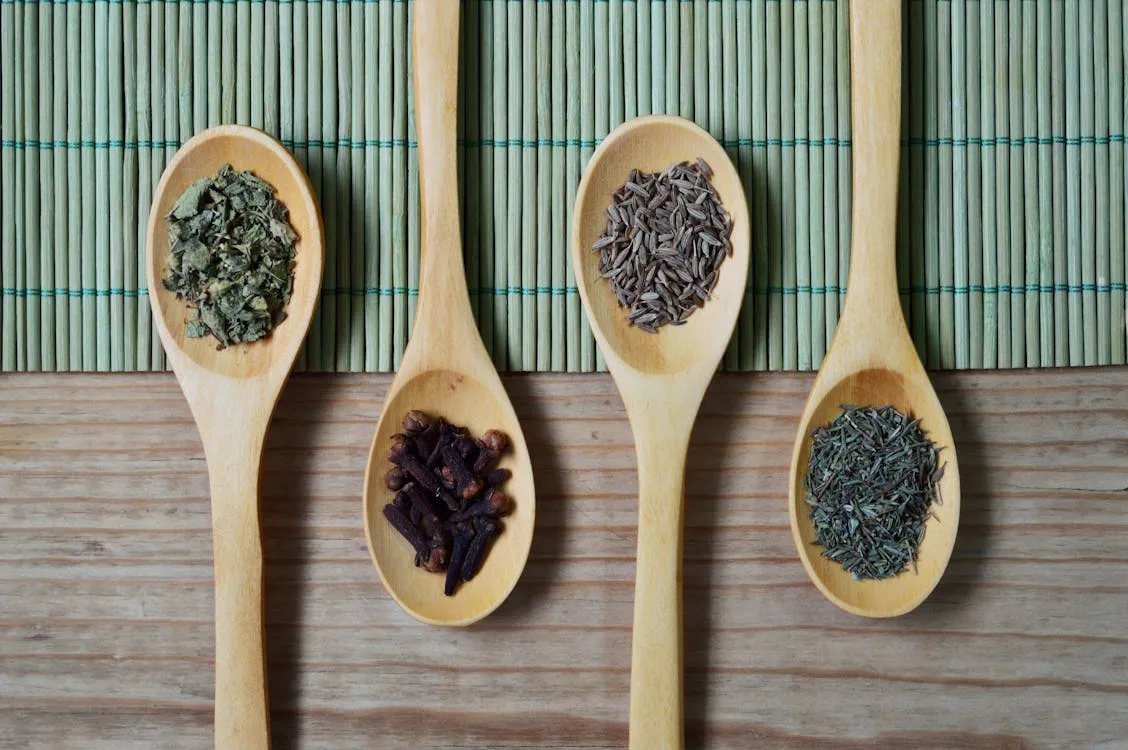 Miguel Á. Padriñán by Pexels
Miguel Á. Padriñán by Pexels
Start by wrapping your herbs with a damp paper towel and storing them in a resealable bag. Next, place them inside the fridge. The paper towel maintains a humid environment without letting the herbs dry out or become too wet.
16. Use Salt to Instantly Cool Boiled Eggs
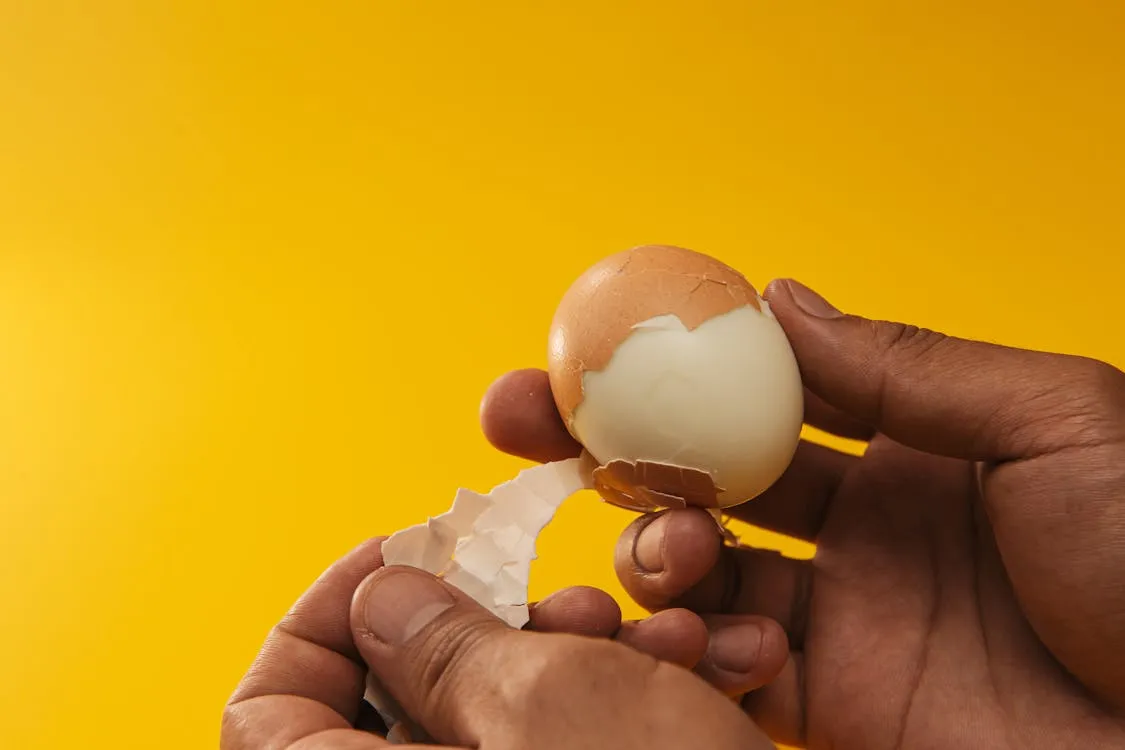 Ron Lach by Pexels
Ron Lach by Pexels
Aside from being a natural preservative, salt is also a heat transfer agent. Adding it to cold water while you’re cooling eggs dissipates the heat faster, allowing you to peel them sooner.
17. Save Over-Salted Soup with a Potato
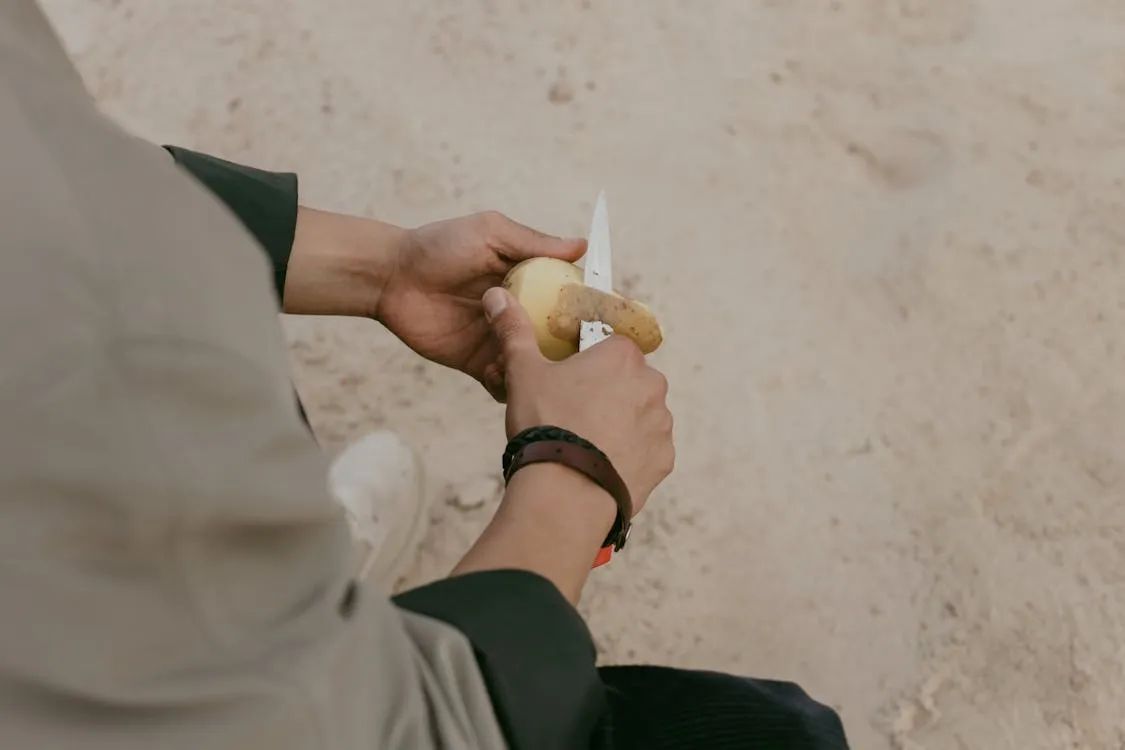 Cottonbro Studio by Pexels
Cottonbro Studio by Pexels
If you’ve over-salted your soup, don’t worry. Place a raw, peeled potato in it and let it simmer. The potato will absorb the excess salt, balancing the soup’s flavors.
18. Use Pineapple Juice or Vinegar to Tenderize Meat
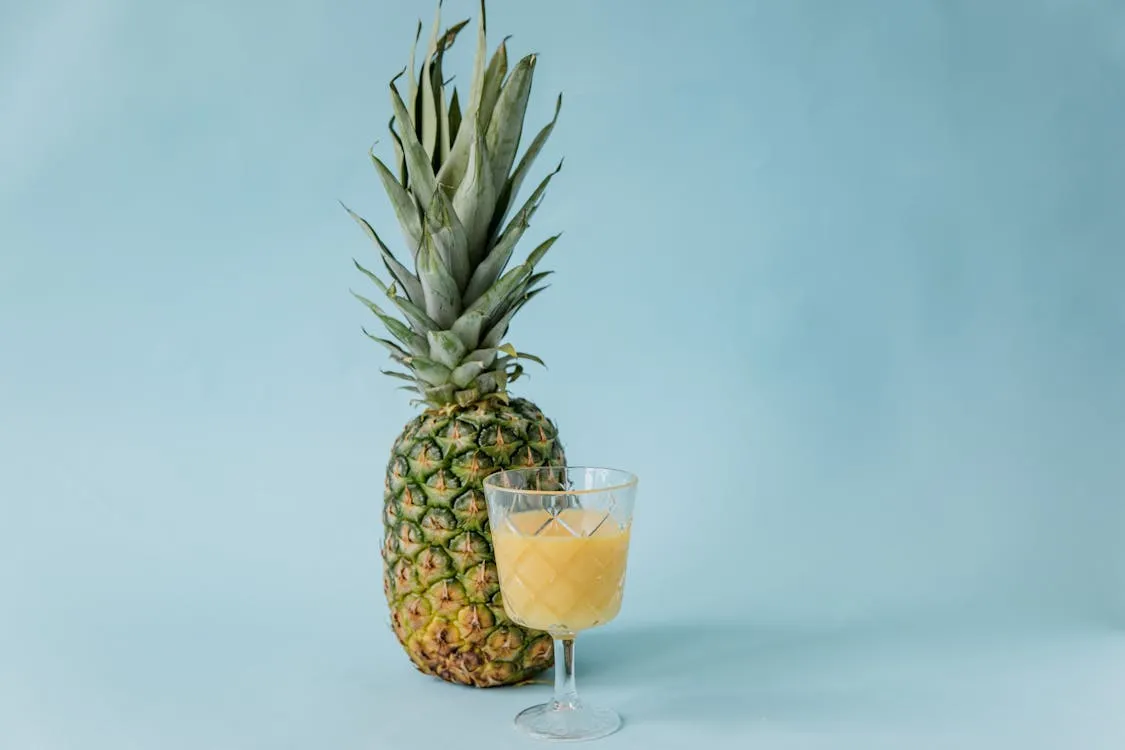 RDNE Stock Project by Pexels
RDNE Stock Project by Pexels
If you want tender meat, marinate it with pineapple juice or vinegar. The juice contains bromelain, an enzyme that breaks down protein and tenderizes the meat. Vinegar also works similarly by loosening the protein structure.
19. Prevent Sugar from Clumping with a Slice of Bread
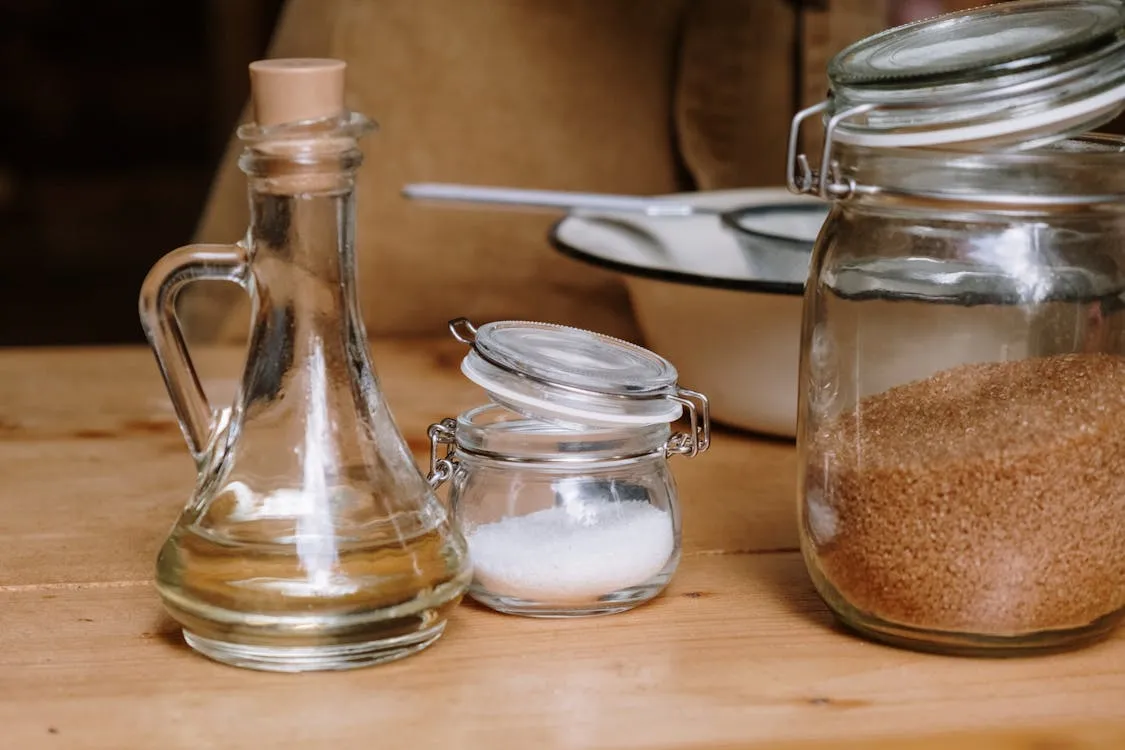 Cottonbro Studio by Pexels
Cottonbro Studio by Pexels
Sugar can easily clump up. To avoid this, place a slice of bread inside the container with your sugar. The moisture from the bread keeps it soft and prevents it from hardening.
20. Use Ice Water for Crispier Vegetables in Salads
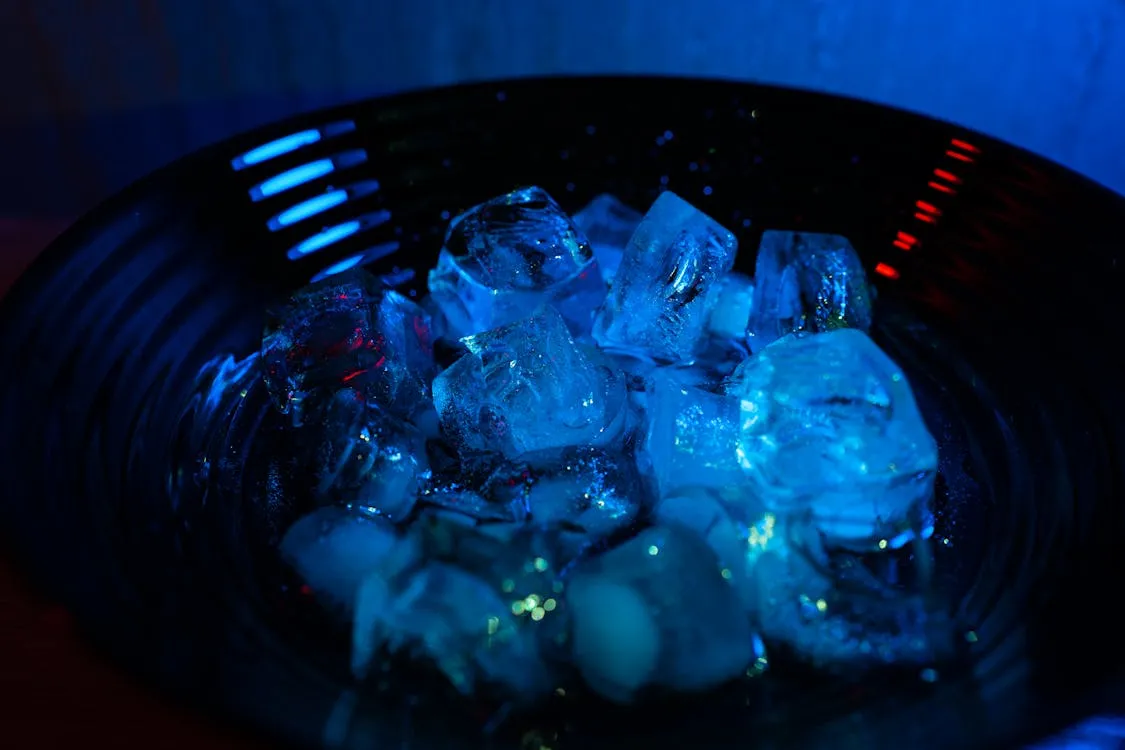 Irina Iriser by Pexels
Irina Iriser by Pexels
Before serving vegetables, try soaking them in ice-cold water. The cold water causes the cells to firm up, making them crunchy and refreshing. This works best with lettuce, celery, or carrots.